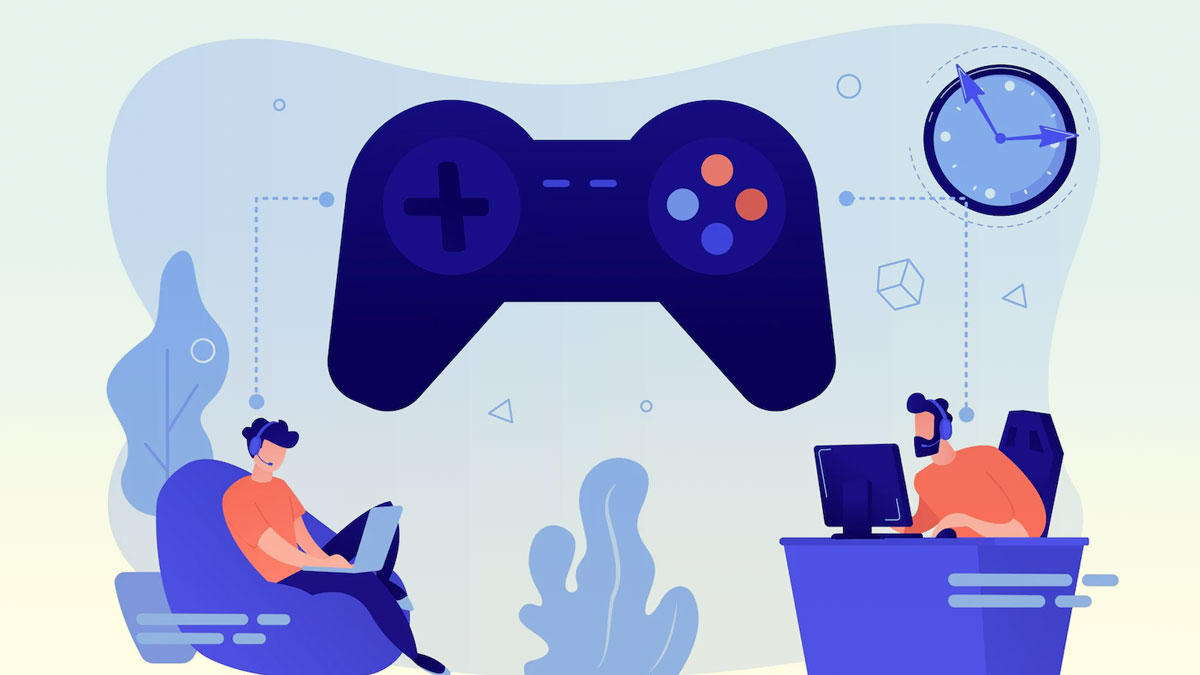
According to a recent study led by Georgia State University researchers, frequent video game players show superior sensorimotor decision-making skills and enhanced activity in key regions of the brain in comparison to those who do not play video games. The State University researchers used the functional magnetic resonance imaging (FMRI) to base their study. The findings suggest that video games could be a useful tool for training in perceptual decision-making.
Talking about the study, lead researcher Mukesh Dhamala, associate professor in Georgia State’s Department of Physics and Astronomy and the university’s Neuroscience Institute elucidates “Video games are played by the overwhelming majority of our youth more than three hours every week, but the beneficial effects on decision-making abilities and the brain are not exactly known. Our work provides some answers on the same. Video game playing can effectively be used for training — for example, decision-making efficiency training and therapeutic interventions — once the relevant brain networks are identified.”
Dhamala was the adviser for Tim Jordan to run the study better, the lead author of the paper, who himself offered a personal example of how such research could inform the use of video games for training the brain.
Jordan received a Ph.D. in physics and astronomy from Georgia State in 2021. He had weak vision in one eye since his childhood. When he was about 5 years old, he was asked to cover his good eye and play video games as a way to strengthen the vision in the weak one. Jordan credits video game training for helping him from legally blind in one eye to building strong visual capacity. He is now a postdoctoral researcher at UCLA.
Also read:Study: Migraine Drugs May Be Useful For Weight Loss

The Georgia State research and study involved 47 college-age participants. Out of which 28 were categorised as regular video game players and 19 as non-players. The subjects laid inside an FMRI machine with a mirror that allowed them to see a cue immediately followed by a display of moving dots.
Participants were asked to press the button in their right or left hand in order to indicate the direction in which the dots were moving. Or otherwise resist pressing either button if there was no directional movement. The study found that video game players were not only faster but also more accurate with their responses.
The study also finds that there was no trade-off between speed and accuracy of response.The participants who play video game were better on both measures. This lack of speed-accuracy trade off would indicate video game playing as a good candidate for cognitive training as it pertains to decision-making.
Also watch this video
How we keep this article up to date:
We work with experts and keep a close eye on the latest in health and wellness. Whenever there is a new research or helpful information, we update our articles with accurate and useful advice.
Current Version